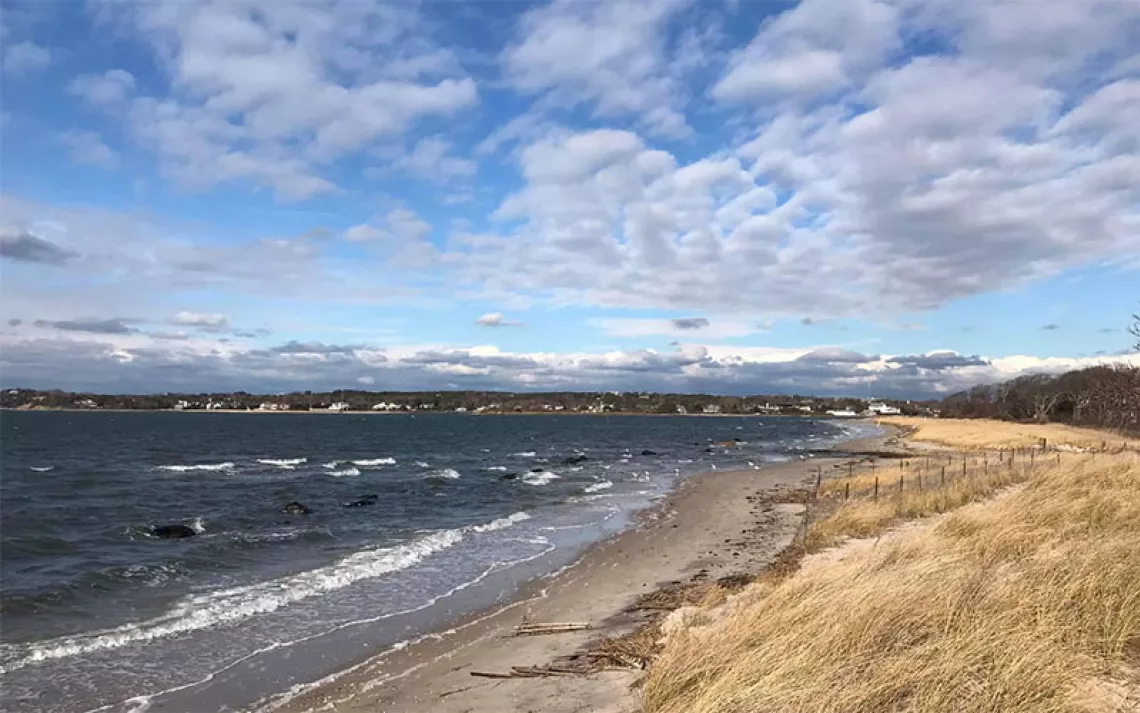No Child Left Adrift
How two Colombian engineers are protecting a poor riverside school from annual floods

Lina Cataño Bedoya and Andrés Walker Uribe; Medellin, Colombia; Utópica co-founders. | Photo courtesy of EAFIT University
LINA CATAÑO BEDOYA: Andrés and I became friends studying product design engineering at EAFIT University in Medellín. We shared a desire to contribute to society through our profession, so we started a tech company called Utopica. We'd each had experiences that presented us with realities we never saw walking between home and campus. For me, it was volunteering with kids from Medellín's poorest schools; Andrés traveled all over Latin America asking questions that college couldn't answer.
Andrés WALKER URIBE: With social projects, few people bother to ask, "What is it that you need?" In the tiny town of Sempegua, the answer was "a school." It's by the Magdalena River, and twice a year during the rainy season, the old school would flood. Teachers had to improvise classes wherever they could—in parks, houses. The floating schoolhouse we designed isn't revolutionary—floating buildings have been around awhile. What we did was make it viable for vulnerable communities.
BEDOYA: Poor areas like Sempegua suffer the most from floods, but they can't afford high-tech innovations. So our design employs simple engineering, precisely because anything complicated gets expensive. There's no specialized mechanism; it uses displacement.
URIBE: The school's three rooms each sit on a light-cement foundation. When the water level hits about two feet higher than normal, the displaced water lifts the foundations. Anchors keep them in place, so when the flooding goes down, they settle back where they were.
BEDOYA: Because Sempegua is so isolated, all the materials had to be cheap and easy to acquire. Hiring local labor got the community involved and created this sense of ownership. It was built by them, not for them.
URIBE: The kids' excitement made everything worth it. This pilot project has space for 60 students out of 400 in the town. The children kept asking us which groups would get the new rooms. When we said we were just the engineers, that the principal would decide, each class started lobbying us to put in a good word for the
STAYING AFLOAT Sempegua's floating school is one of five United Nations-run projects in Colombia to help at-risk communities adapt to climate change.
 The Magazine of The Sierra Club
The Magazine of The Sierra Club







